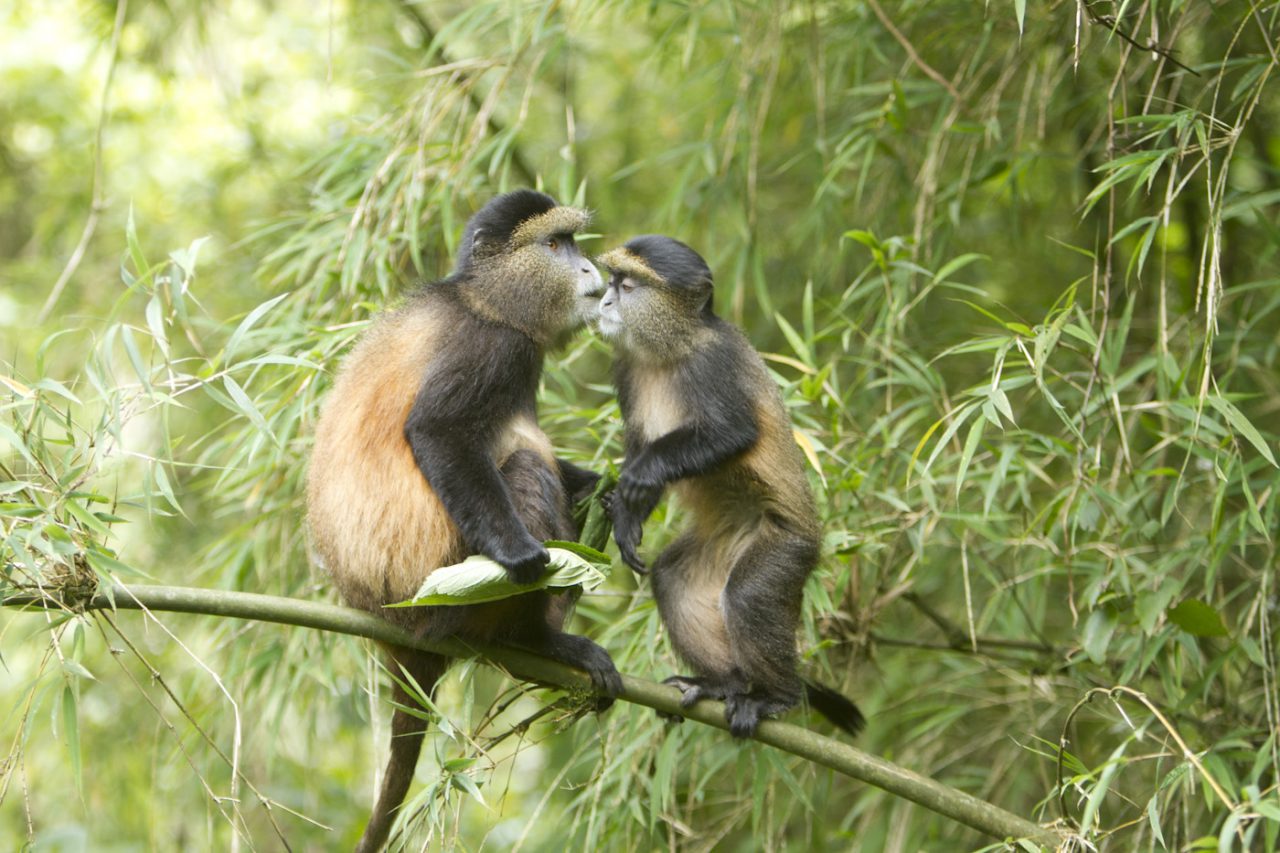MPs worried about growing influx of monkeys in Kampala and Wakiso
The issue was brought to the forefront by Muwanga Kivumbi, the MP for Butambala County, who highlighted that the rising monkey population is directly linked to rampant deforestation in the region.

The streets of Kampala and Wakiso are witnessing an unexpected and concerning phenomenon: an influx of monkeys that is leaving residents uneasy and raising alarms about public health risks.
Members of Parliament have voiced their apprehensions, particularly regarding the potential spread of Monkeypox, as these agile primates increasingly invade homes in search of food.
The issue was brought to the forefront by Muwanga Kivumbi, the MP for Butambala County, who highlighted that the rising monkey population is directly linked to rampant deforestation in the region.
“Due to the extensive cutting down of trees in Kampala and Wakiso—especially in my neighborhood and even in my own yard—monkeys have been forced to relocate,” Kivumbi explained. “With their natural habitats disappearing, they now find refuge in our gardens and backyards. Children are now at risk, as these monkeys often steal food left outside, particularly bananas.”
Kivumbi further shared that even efforts by the Uganda Wildlife Authority (UWA) to mitigate the situation have been largely ineffective. Residents were advised to install alarm bells in an attempt to scare the monkeys away, but the monkeys remain unfazed.
“My neighbors and I called the UWA, and one officer advised us to set up these alarm bells. Everyone complied, but the monkeys simply refused to leave. With the threat of disease looming, it is urgent for urban centers to devise a strategy for managing this issue,” he lamented.
Christine Kaaya, the Woman Representative for Kiboga District, echoed these concerns and questioned the Ministry of Agriculture’s plans regarding the management of the monkey population.
“The Ministry is the only authorized agency to procure the drugs necessary for controlling monkeys. In Kiboga, these animals have disrupted agricultural activities to the point where entire villages have abandoned crop farming, leaving fruit trees for the monkeys to feast on,” Kaaya stated.
The challenges are compounded by the environmental impact of deforestation. “When forests are cleared, their water sources dry up, and these animals are compelled to coexist with humans,” Kaaya added.
“People are prohibited from harming them, as it is against the law. Many districts lack entomologists, and it is essential for the Ministry of Agriculture to take decisive action in importing the necessary drugs. In Kiboga, we have villages where residents have completely given up on growing anything. The monkeys are now sharing our water sources, like wells, posing a significant health risk.”
As urban areas grapple with the consequences of environmental degradation, the situation with the monkeys in Kampala and Wakiso serves as a stark reminder of the interconnectedness of wildlife and human habitation.
The rising monkey population not only presents a challenge to public health but also underscores the urgent need for effective wildlife management strategies and greater awareness of the impacts of deforestation on both animal and human communities.
With calls for action growing louder, it remains to be seen how local authorities will address this pressing issue, balancing the needs of wildlife with the safety and well-being of residents.







